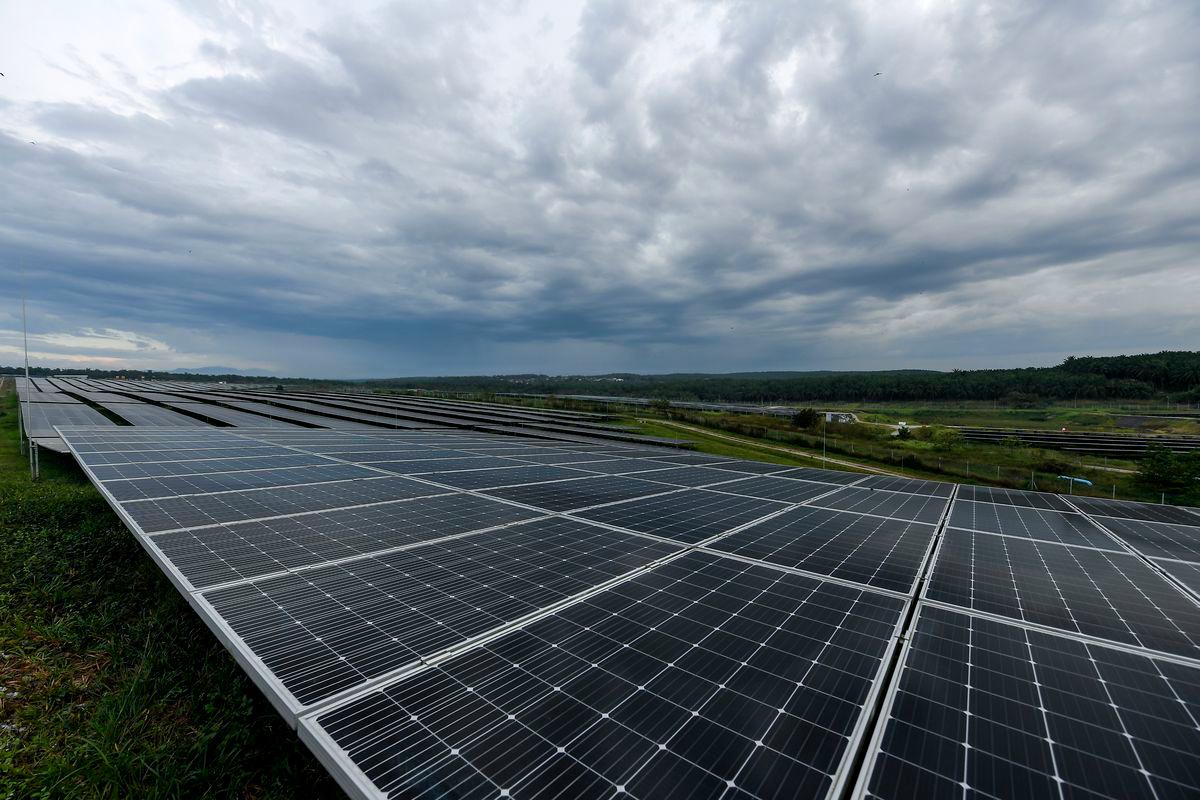PUTRAJAYA: The quota for the Net Energy Metering (NEM) programme under the domestic category, known as NEM Rakyat, has been increased by an additional 100 megawatts (MW), bringing the total quota allocated since the programme’s inception in 2011 to 700MW.
In a statement today, the Energy Transition and Water Transformation Ministry (PETRA) said the additional quota is now open to all domestic users under Tenaga Nasional Berhad (TNB) until June 30, or until the quota is fully subscribed — whichever comes first.
PETRA said the move follows an overwhelming response from the public, which led to the exhaustion of the existing NEM Rakyat quota.
“In light of the strong interest, PETRA has decided to expand the NEM Rakyat quota to enable more domestic users to harness their rooftop spaces for the installation of solar photovoltaic (PV) systems,” the statement read.
The latest guidelines for the NEM Rakyat programme can be accessed via the Energy Commission’s website at www.st.gov.my, while further details on the application process are available on the Sustainable Energy Development Authority (SEDA) Malaysia’s website at www.seda.gov.my.
The ministry also said that PETRA, together with the Energy Commission (ST) as the regulatory authority for the electricity supply industry, is currently reviewing new mechanisms and implementation methods for rooftop solar initiatives.
The aim is to ensure that upcoming renewable energy (RE) initiatives are more inclusive, equitable and beneficial to all electricity consumers.
“As the lead agency driving the national energy transition agenda, PETRA remains committed to enhancing and expanding the implementation of rooftop solar initiatives as part of a broader effort to support Malaysia’s energy transition aspirations,” PETRA said.
It also reaffirmed Malaysia’s goal of achieving 70 per cent renewable energy capacity in the national electricity supply mix by 2050 — a key pillar in the country’s sustainable development agenda and a testament to its commitment to environmental sustainability and energy resource security.









